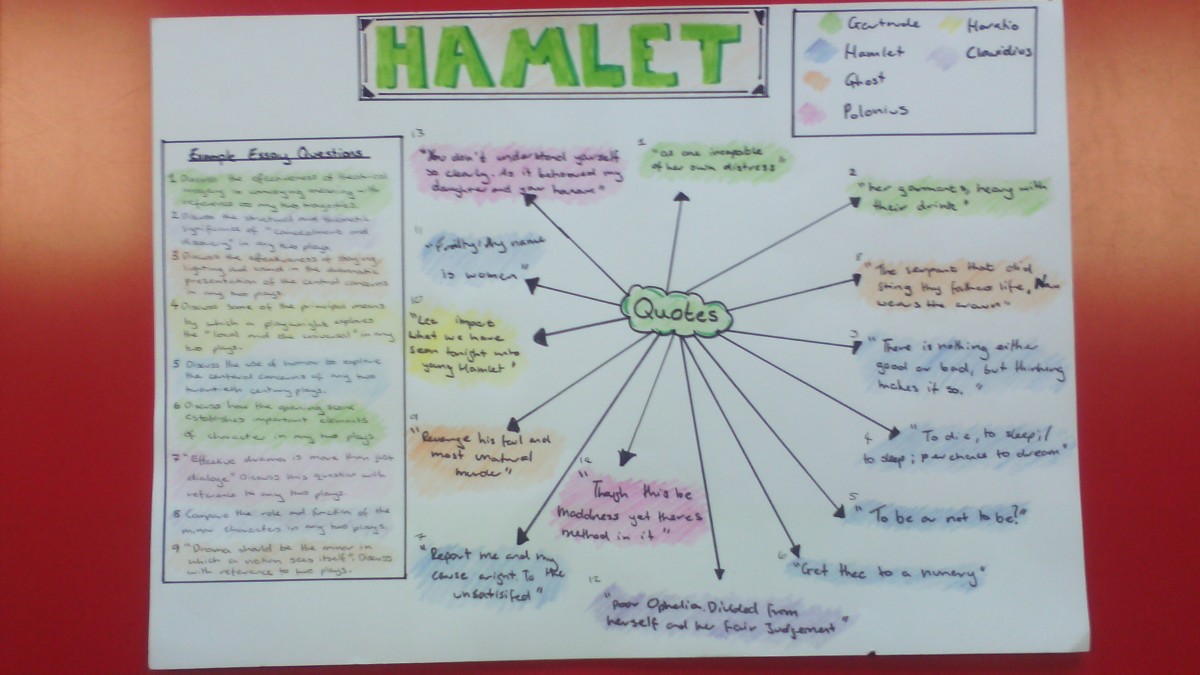These answers are the full answers as pulled together by the class:
1. The writer concentrates on one girl to show us how much time girl’s spend thinking about their prom, but also to emphasise the money that is spent on it. It also makes it feel like we are one of the people going to prom, giving us a first person sense of getting ready for it.
2. The sentence structure in lines 4-5 helps convey the importance of the event to Lucy by using a list. The list includes all the different things Lucy has had to spend money on for the prom. You wouldn’t spend money on things unless it was important to you. There are a lot of items on the list which emphasises how long and big a process the prom is.
3. The metaphor ‘milestones’ is a good one to use about GCSE’s in students lives. Milestones are markers on journeys that show how far you have travelled. GCSE’s are an important part of English student’s life that they sit at a certain age. The milestone to GCSE comparison tells us that these people have reached a certain point in their life, and it is a significant one as it will determine what they are able to do as adults in the near future.
4. School proms appeal to people because they can copy the lives of those they see in television shows, they can pretend they are at a big event like the Oscars or MTV Awards and lastly it lets them feel like they are celebrities.
5. Proms have had an economic advantage as they saved Moss Borthers from having to close as people started hiring suits from them. It has led to many prom events management companies being set up (prom party planners) and there are now people who collate all the prom information and put it on websites for a fee so people have databases to go to.
6. The word choice ‘shapeless’ to describe the uniforms suggests that they don’t reveal much about the bodies underneath and everyone looks very plain and ugly and unformed in their school clothes. This is contrasted with the ‘huge-skirted’ ball gowns which suggests the females now have a beautiful body shape and look very princess-y. The word ‘dirty‘ is used to describe the trainers at school as well, and again it suggests a lack of care over appearance or something that is sturdy and durable and allowed to be unclean in a practical way. This is contrasted with ‘teetering’ heels which suggests that the girls were very dainty and vulnerable in their shoes. The fragility of the heels suggests they are precious and their is an implication that they were expensive, where as the ‘dirty’ trainers were maybe not so valuable.
7. The writer seems to be in awe of the students organisation skills. She says she is ‘taken aback’ suggesting that she wasn’t expecting that amount of work to have been done and she thought it would have been easier than that. She quotes the amount and regularity of their meetings ‘weekly meeting since September’. The inference here is that September to June is a long time and that has been a lot of meetings with a lot of planning going into them. She then lists some of the work the pupils have done such as working out their theme, or some of the table decorating that has happened to show the actual work that has occurred.
8. First of all, the prom is seen as something that everyone should get to do to mark the end of their school career, it is a chance to enjoy themselves, it is an opportunity to get dressed up and to all get together for an event and experience it together. The head-teacher also says it is an opportunity for students to experience fine dining as some of them will never have eaten at a function before. For others it is a chance to get used to it as they may be expected to fine dine as part of their work in the future.
9. The image in the last line is effective as a metaphor. It says she leaves the girls swaying on their heels at the ‘edge of adulthood’. In reality she has left them at their prom. However, the girls are marking the end of their school life with the prom and will now have to join the adult world doing adult things like getting jobs or going to university. It suggests that this is their last moments getting to be children and that the next day they will be adults completely.


